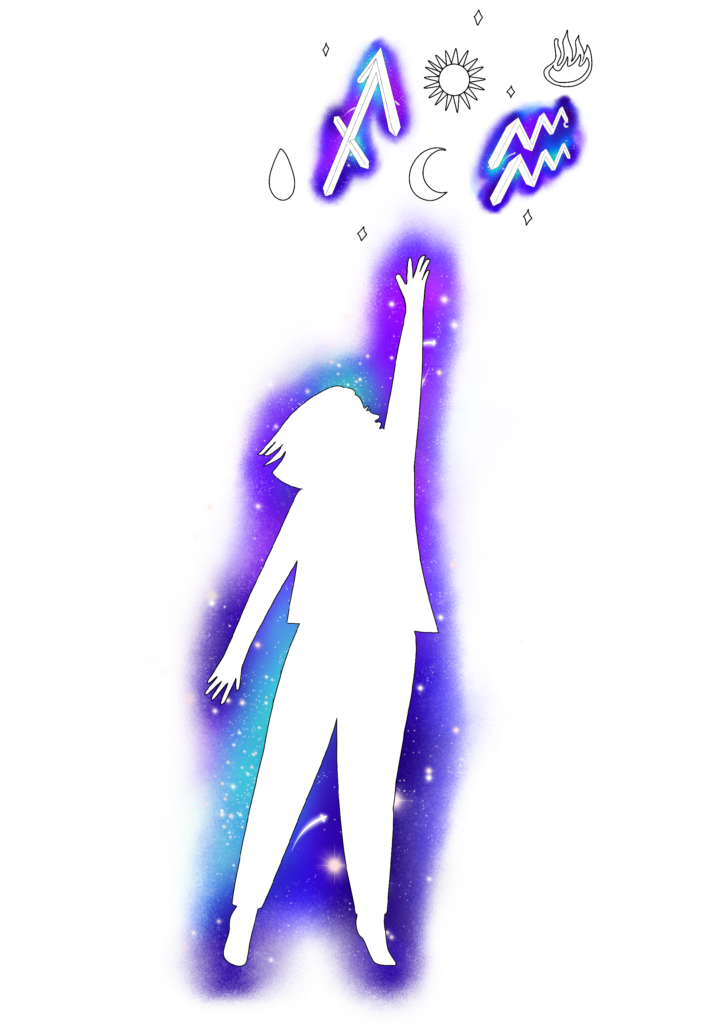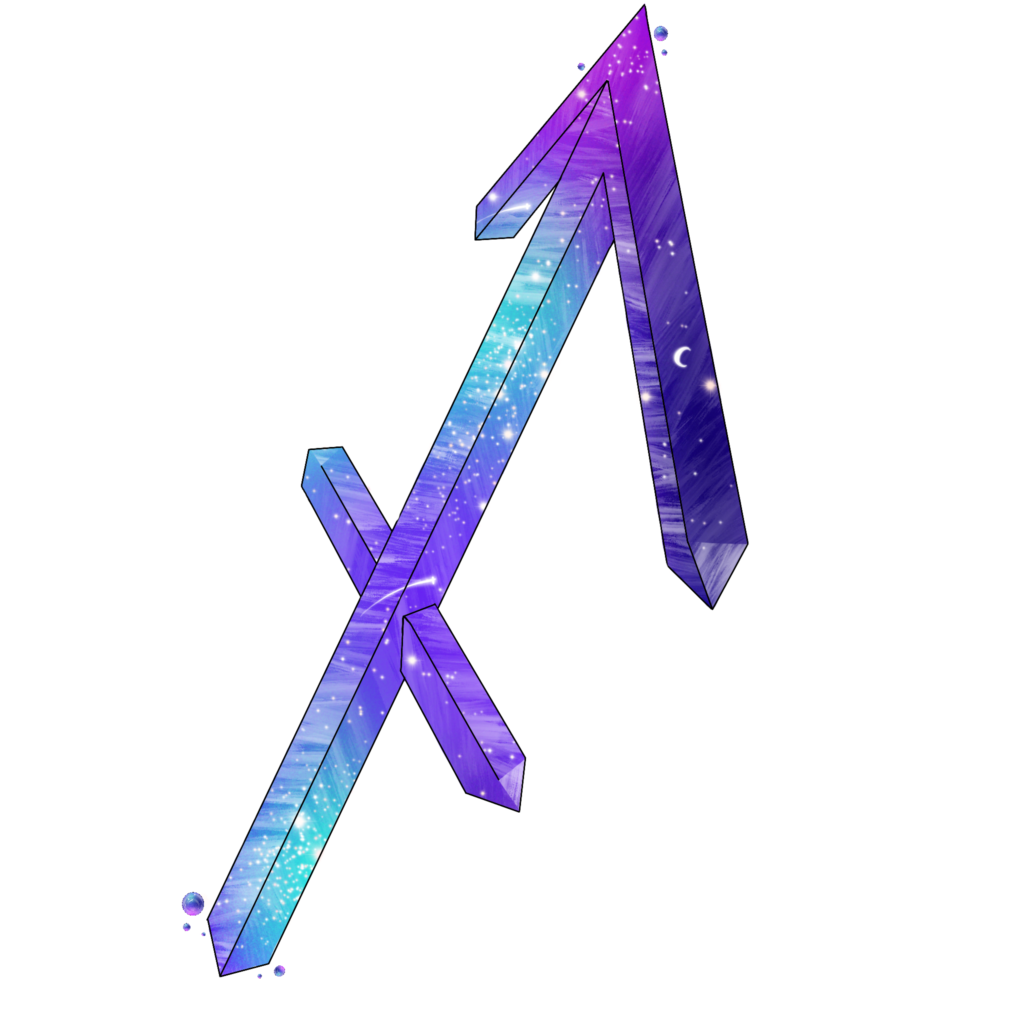Astrology’s emerging popularity promotes student introspection
Aditya Thiyag | The Chronicle

Instead of checking Snapchat or Instagram when they first wake up, some kids are reading their fate as foretold by planetary positions on astrology apps and websites.
Horoscopes are predictions of one’s future and personality based on the position of planets and stars during one’s birth. While the origins of astrological diagrams appear to date as far back as the ancient Egyptians, they seem to have found new life within a high school audience. Junior Anika Sengupta began her astrology journey after her friends brought up the topic to her with an app titled Co-Star.
“For me, [Astrology] is just another fun way to learn more about my personality and habits, even if it’s not always true,” Sengupta said. “I always felt like I didn’t relate much to my star sign, but with [Co-Star], and learning more about my other signs, I can also see my friend’s signs and how compatible we are.”
Sengupta said that her more casual approach to astrology spawned from her friends. While astrology apps may be more common among a high school audience, it is not the only pathway that high schoolers have taken to delve into the astrological world. Senior Holly Zeuch said she started exploring astrology as a method of connecting with a higher power outside of the confines of traditional religion.
Zeuch said she “had always struggled with higher powers and religious ideals” due to its abstract nature. She felt that religion didn’t “always connect [with] and make sense” to her, prompting her to explore astrology instead. As Zeuch began to learn more about astrology, she said that astrology’s focus on “personality traits and mindset” set it apart from religion by having concrete reasoning for its events rather than something more abstract.

“Astrology has reasoning [behind it] that humans cannot necessarily see,” Zeuch said. “There is a reason behind the way that it works and happens each day, and it can be justified.”
Astrology’s “grounded nature,” that Zeuch spoke of, makes sense given astrology’s historical origins. Mandarin Teacher Ling Ling Nian said that western astrology is based around the Chinese lunar calendar. There is cultural history to the way astrological signs and personality traits are intertwined.
“The Chinese believe that if you are born in a certain year, you have the characteristics of a certain sign,” Nian said. “Oftentimes, people use zodiac signs to predict personalities. Due to the general vagueness of zodiac signs, it can be easy to believe since any description of a zodiac sign could apply to a given person.”
While the predictive nature of astrology may strike some as overbearing instead of enjoyable, Sengupta said that she saw astrology as a way to strengthen her current relations rather than ruin them.
She said that the number of friends that had the same horoscope app as her enhanced the experience, and comparing signs with other people helped her enjoy the experience rather than getting lost in an array of star charts.
“Although I create my own friendships, astrology is a fun way to strengthen relations,” Sengupta said. “Whether it be apps showing me how I impact the lives of others, or random compatibility quizzes telling me how I interact with others, astrology gives more insight into important relationships.”

The rampant popularity of astrology is impossible to ignore, and with the internet’s ability to transform it into a social media app, its popularity does not appear to be slowing down. But as a result of the massive amount of interest in astrology, Zeuch said she felt that the community centered around it could be more welcoming.
“I’m sure a lot of people also say they’re into [astrology] but have no idea how to start, just because astrology is being gatekept,” Zeuch said. “Just be kind, and if you really don’t understand, ask someone to explain – it’ll keep the negativity surrounding astrology down.”
someone to explain – it’ll keep the negativity surrounding astrology down.”
Illustration by Becca Hunter
